It’s a fascinating time in the hospitality industry. Nary a week goes by without a new brand being introduced, and in many markets our industry’s seemingly never-ending upward cycle continues to generate new project after new project. If one didn’t know better, one might think that there can never be an end in sight to our growth. Reality and history, however, offer a harsher lesson; growth will slow, supply will outweigh demand, and we will be forced to tighten our belts to ride out the next dip in our performance. Is there anything that can be done to avoid history repeating itself?
Just when you thought it was safe to venture out into the marketplace, Airbnb’s recent announcement that it is expanding the number of hotels on its platform and launching a loyalty program should really come as no surprise. Since its arrival on the accommodations scene in 2008 (yes, 10 years ago !), AirBnb has basically established itself as the poster child for the term “disruptor,” and not only in the hospitality industry. AirBnb, Uber, and others have powerfully and rapidly re-written the competitive landscape for more industries than we all realize, so further demonstrations of their ability to disrupt should come as no surprise to anyone.
Historically, the hospitality industry has cast a wary eye on new competitive concepts, before ultimately going all in. When Marriott launched its Courtyard brand in 1982, eyebrows were raised; how and why would business travelers accustomed to the consistent and predictable service & product delivery of Marriott step “down-market” to this new Courtyard concept? Now, 35 years and over 1000 locations later, no one has any doubt about the Courtyard concept, or about its followers to this segment.
Accepting the fact that there will always be new forms of competition, it is our view that the further onset of AirBnb or similar product, as well as the introduction of fractional or rental housing units into the daily sales process, (i.e. rental supply in convention markets circumventing housing bureau blocks) is a reality of life. As such, while the legislative playing field needs to be a fair one, those of us competing for business in any given markets (all of us !) must be prepared to compete even harder for that piece of the pie that we must have. Which brings us to the point; if we allow history to repeat itself, this latest method of new supply will coincide with a relative softening of the economy to lead to a downturn in our industry. Normal stuff, history repeats itself, here we go again. Or not . . .
When we ride the wave of a strong market, there can be a tendency to relax in terms of our strategies and tactics. There’s that expression “a rising tide lifts all boats;” it can be true that we are sometimes not as aggressive or proactive in our strategic planning when the going is good. Today, now, this minute (!), we have the power to assess our futures, and to enact an approach that is significantly more aggressive and proactive than it might otherwise be. Whether it is due to increased competition brought on by AirBnb and others, or whether it is due to the simple fact of “that which goes up must come down,” those of us who plan for significantly greater challenges ahead in the short term stand a far better chance of succeeding in a downward environment.
If your 2018 budget calls for performance at or above your market, there’s no reason to think that you can’t achieve this. However, how you are going to get there may require a further look. Let’s face it, your 2018 plan was likely written and approved at least 90 days ago. In that time, the competitive nature of your markets has not likely declined, and it is entirely possible some markets have absorbed new supply in the form of AirBnb units and others that were not contemplated when your plan was written. The time is now to adjust your strategic planning to reflect the assumption that things are going to get tougher, perhaps sooner rather than later.

